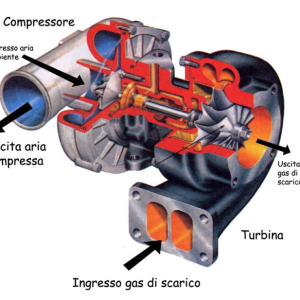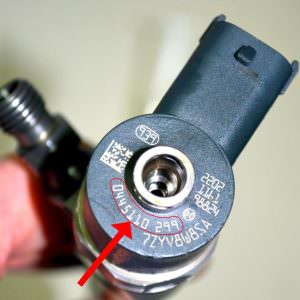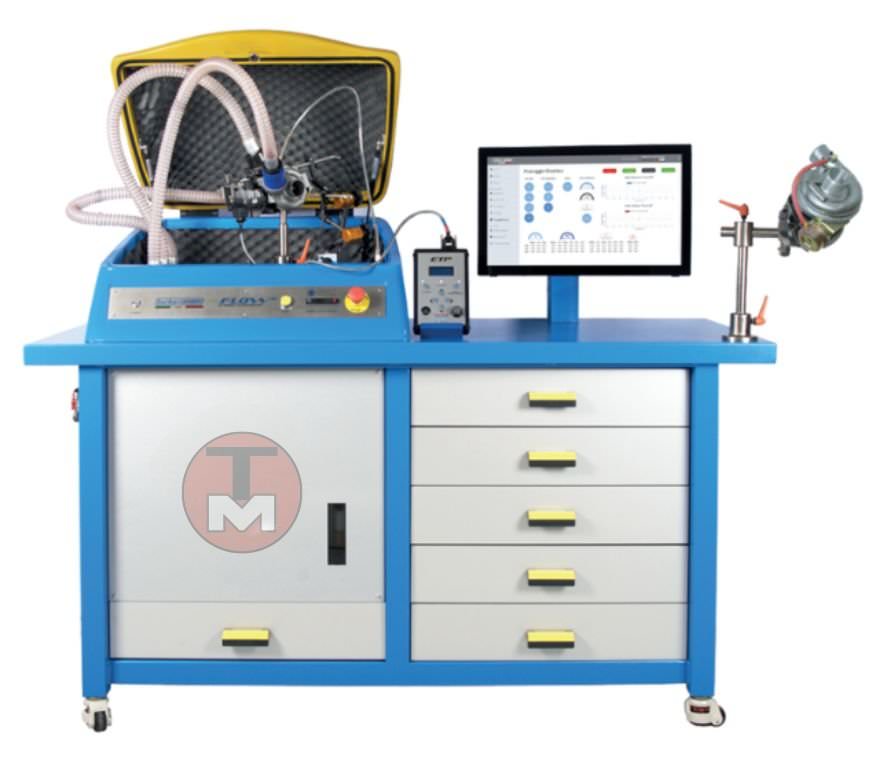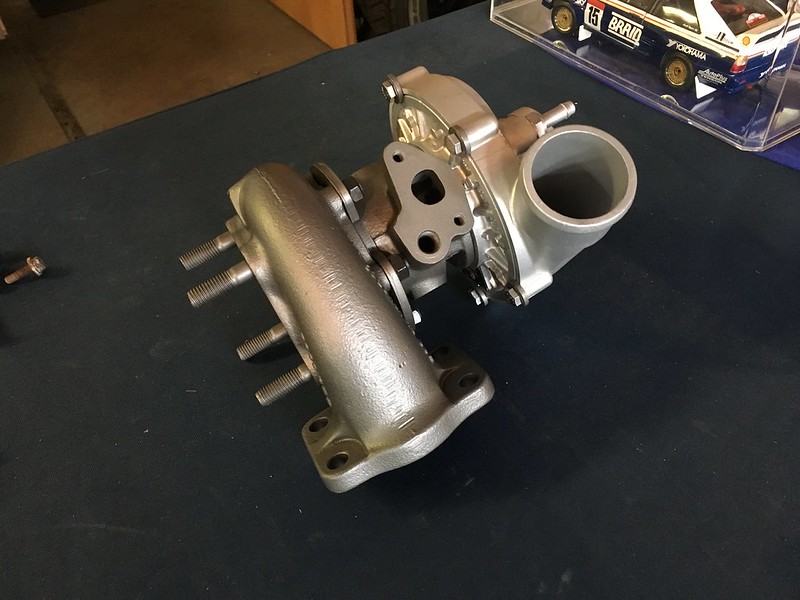Excessive oil consumption in the turbocharger can be attributed to a number of causes, including clogging of the oil drain line and internal wear of the turbocharger itself. This problem can lead to a number of symptoms, including blue smoke escaping from the car, engine oil leaking from the intake or exhaust duct, and more. In this article, we will examine the possible causes of this consumption and provide solutions to deal with it successfully.
Causes of High Oil Consumption in Turbochargers
-
Blockage of the Oil Exhaust Duct: One of the main reasons for excessive oil consumption in the turbocharger is clogging of the oil drain line. This can result from the presence of debris, dirt or residue in the oil that obstructs the lubricant passage.
-
Internal Turbocharger Wear: Internal turbocharger wear can lead to oil leakage through seals or other turbocharger parts. This wear can be caused by a lack of maintenance, inadequate lubrication or simply natural wear due to age.
-
Return pipe clogged or damaged: A clogged, kinked or damaged return line can prevent proper oil flow within the turbocharger. This can cause excessive pressure build-up inside the turbocharger and subsequent oil consumption.
-
Oil Level Too High: An engine oil level that is too high can cause oil to flow through the turbocharger. This can happen if the oil has been overfilled during an oil change.
-
Excessive Pressure in the Base: Excessive pressure inside the engine crankcase can contribute to oil consumption in the turbocharger. This problem could be caused by a variety of factors, including damaged seals or a faulty lubrication system.
Symptoms of High Oil Consumption in Turbochargers
-
Outflow of Blue Smoke: The emission of blue smoke from the car's exhaust is one of the most obvious symptoms of excessive oil consumption in the turbocharger. This smoke colour is due to the oil burning together with the fuel.
-
Oil leaks from the suction channel or exhaust gases: If you notice oil leaks around the intake duct or in the exhaust gases of the turbocharger, it could be a clear sign of a problem.
-
Power Loss: High oil consumption can affect engine performance, causing a significant loss of power.
Solutions for High Oil Consumption in Turbochargers
-
Inspect the Oil Exhaust Duct: If you suspect a blockage in the oil drain line, it should be inspected and, if necessary, cleaned or replaced.
-
Check the Internal Wear of the Turbocharger: Internal turbocharger wear may require an overhaul or replacement of the component. Consult an experienced mechanic for an accurate assessment.
-
Examine the Return Piping: Ensure that the oil return lines are free from obstruction or damage. Replace pipes if necessary.
-
Check the Oil Level: Make sure the oil level is correct and meets the manufacturer's specifications. If the level is too high, reduce it to the recommended level.
-
Check Basement Pressure: Check the engine crankcase pressure and make sure it is within the parameters specified by the manufacturer. Have any damaged seals or lubrication problems repaired.
In summary, high oil consumption in the turbocharger is a problem that requires careful diagnosis and appropriate solutions. Monitor the symptoms and consult an automotive professional if necessary to solve the problem and keep your vehicle in optimal condition.









